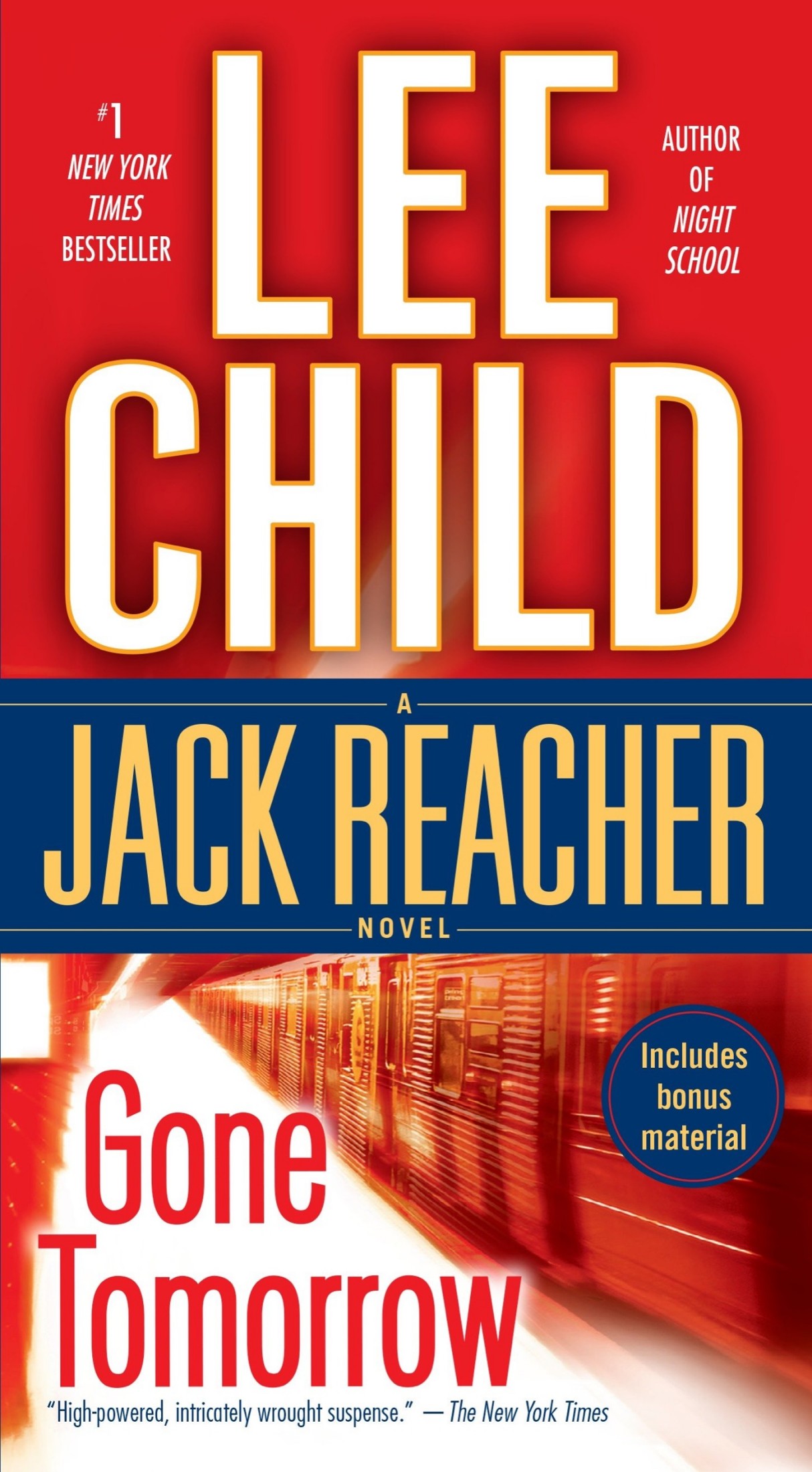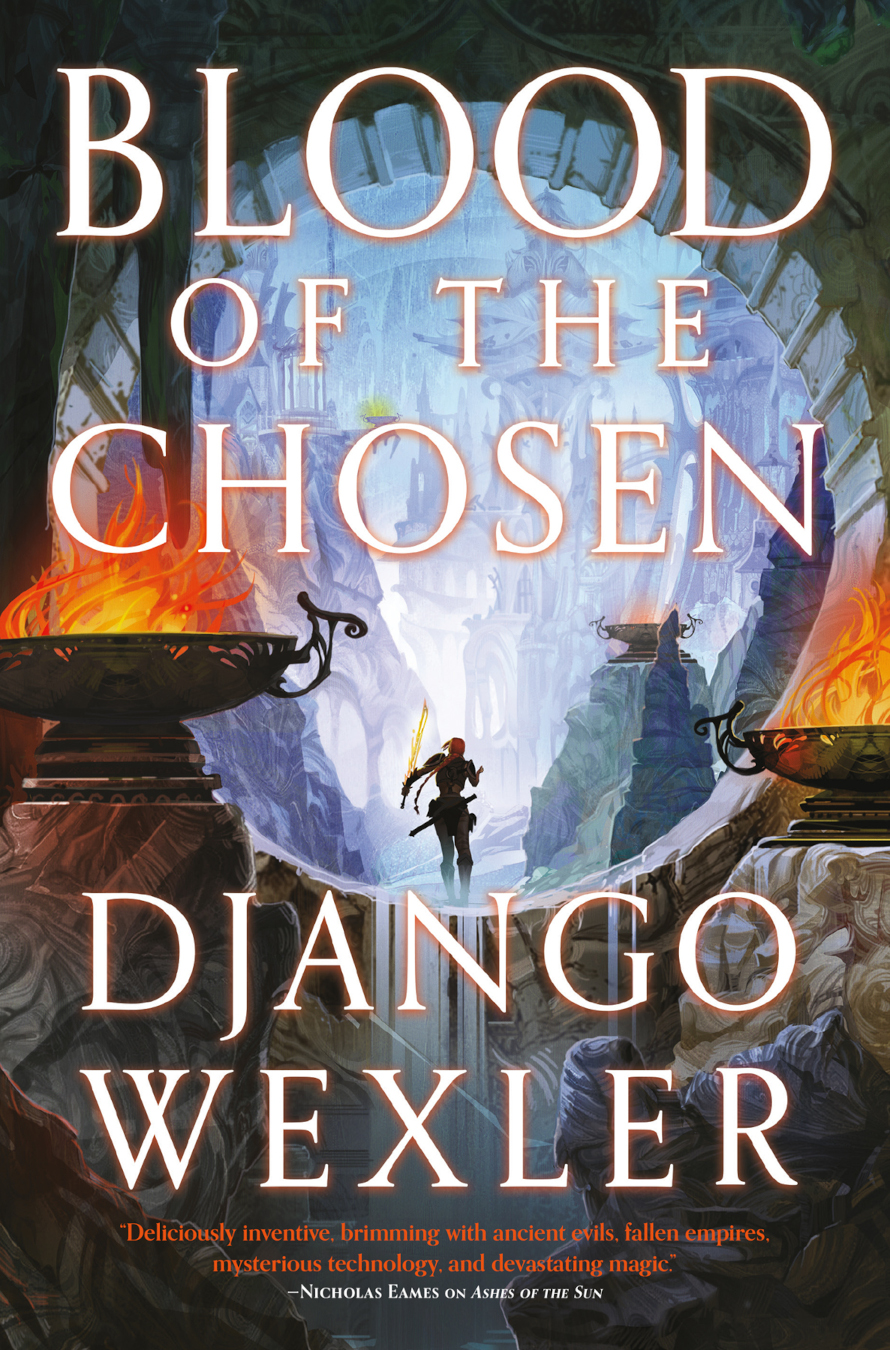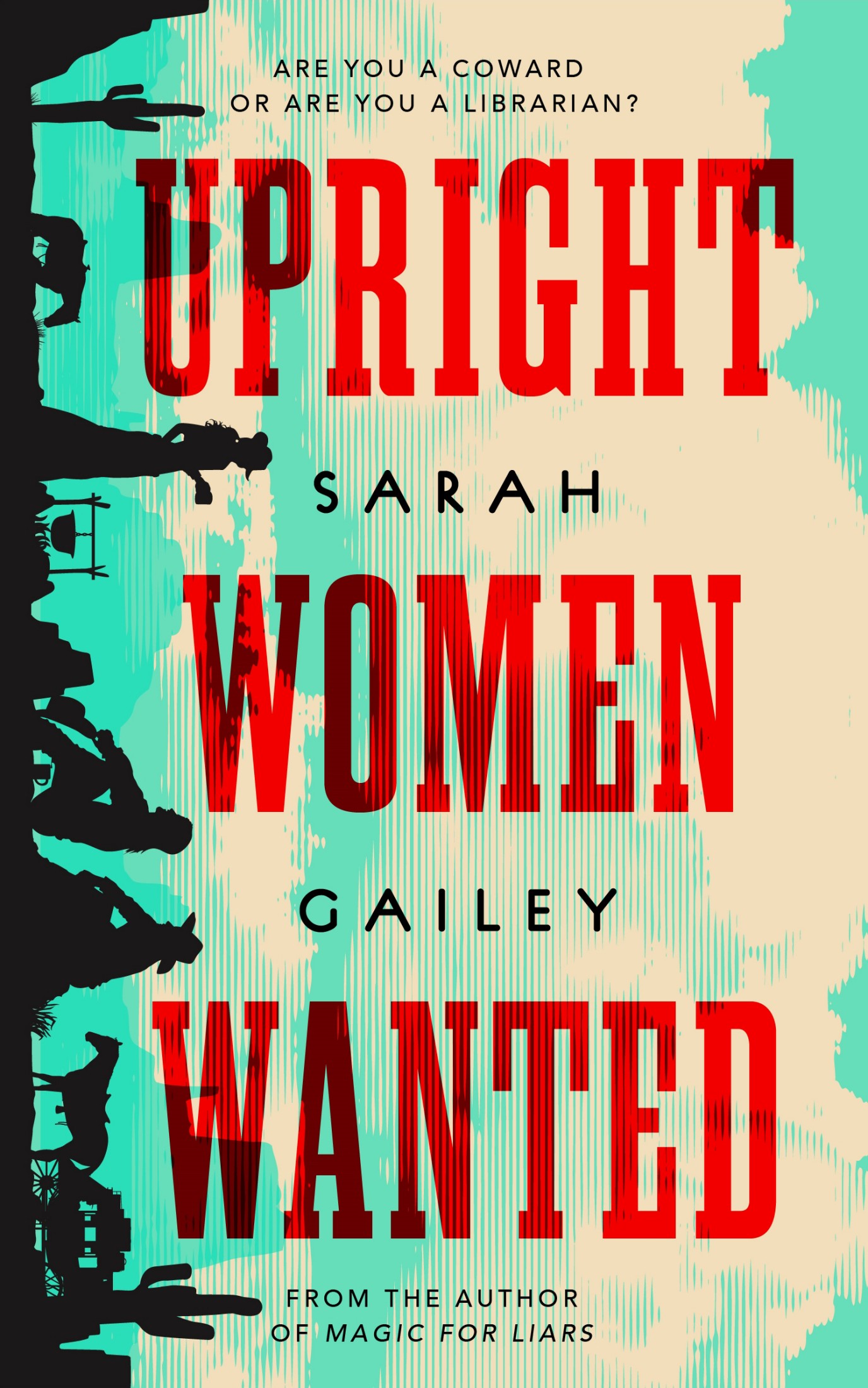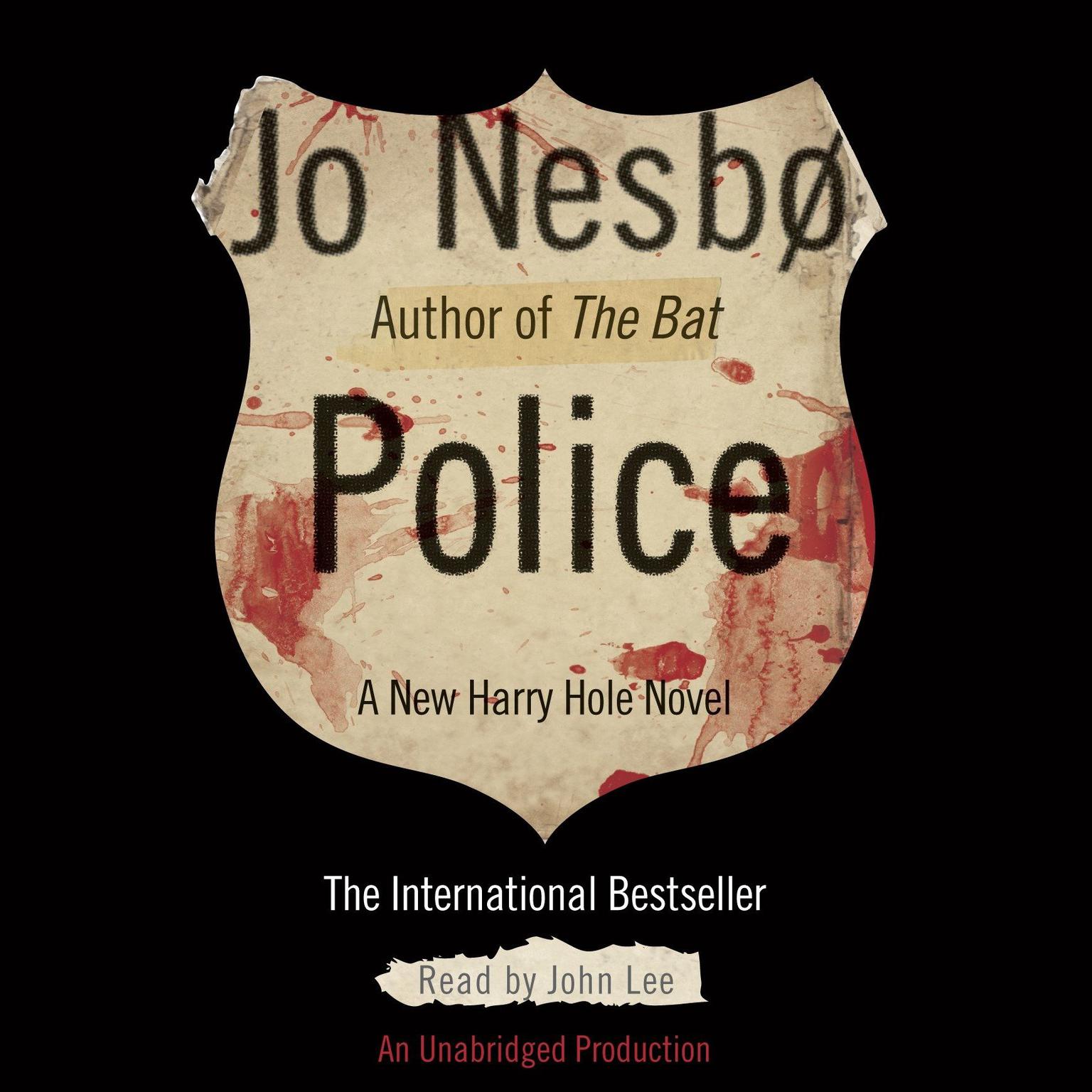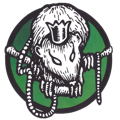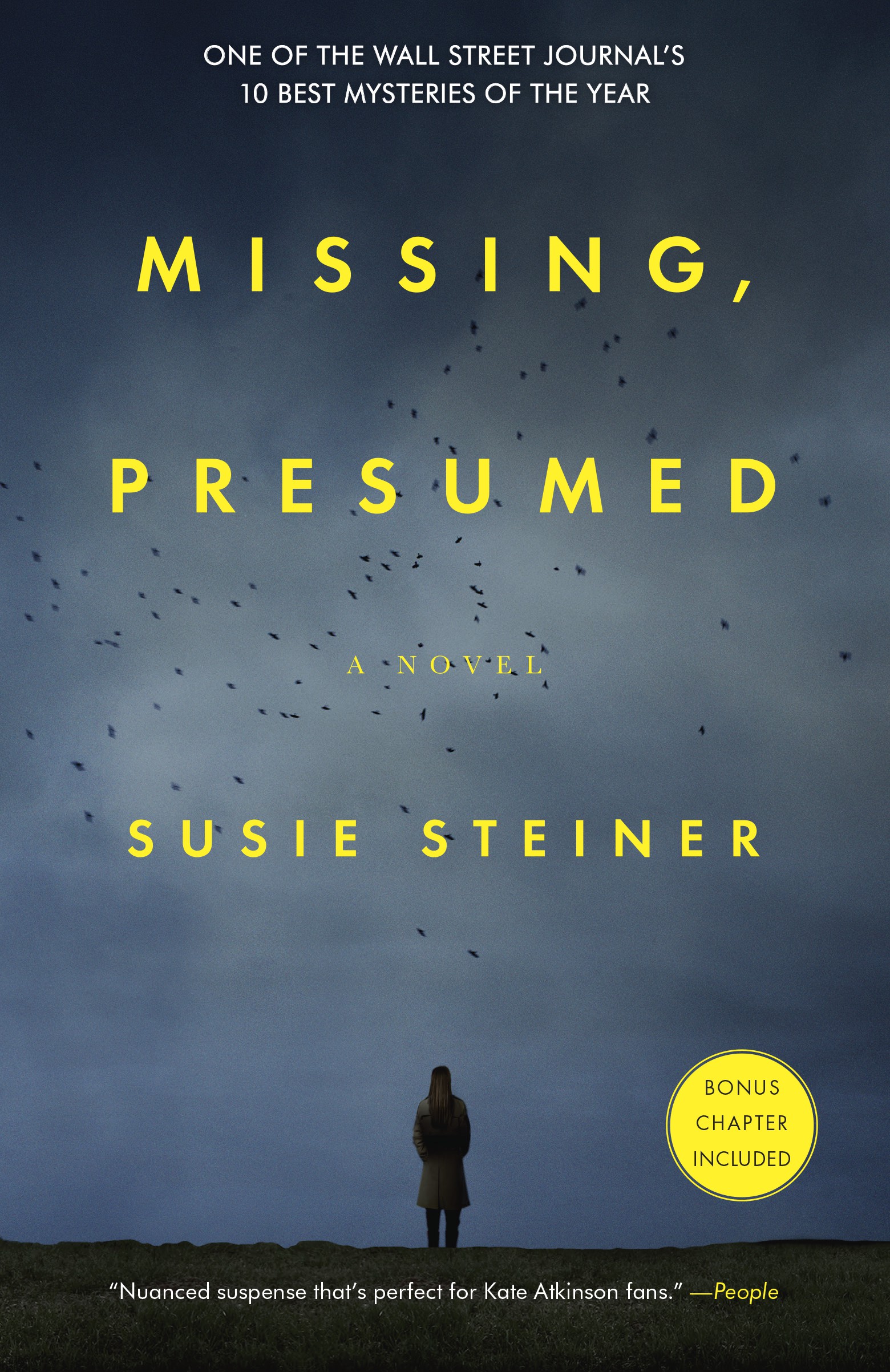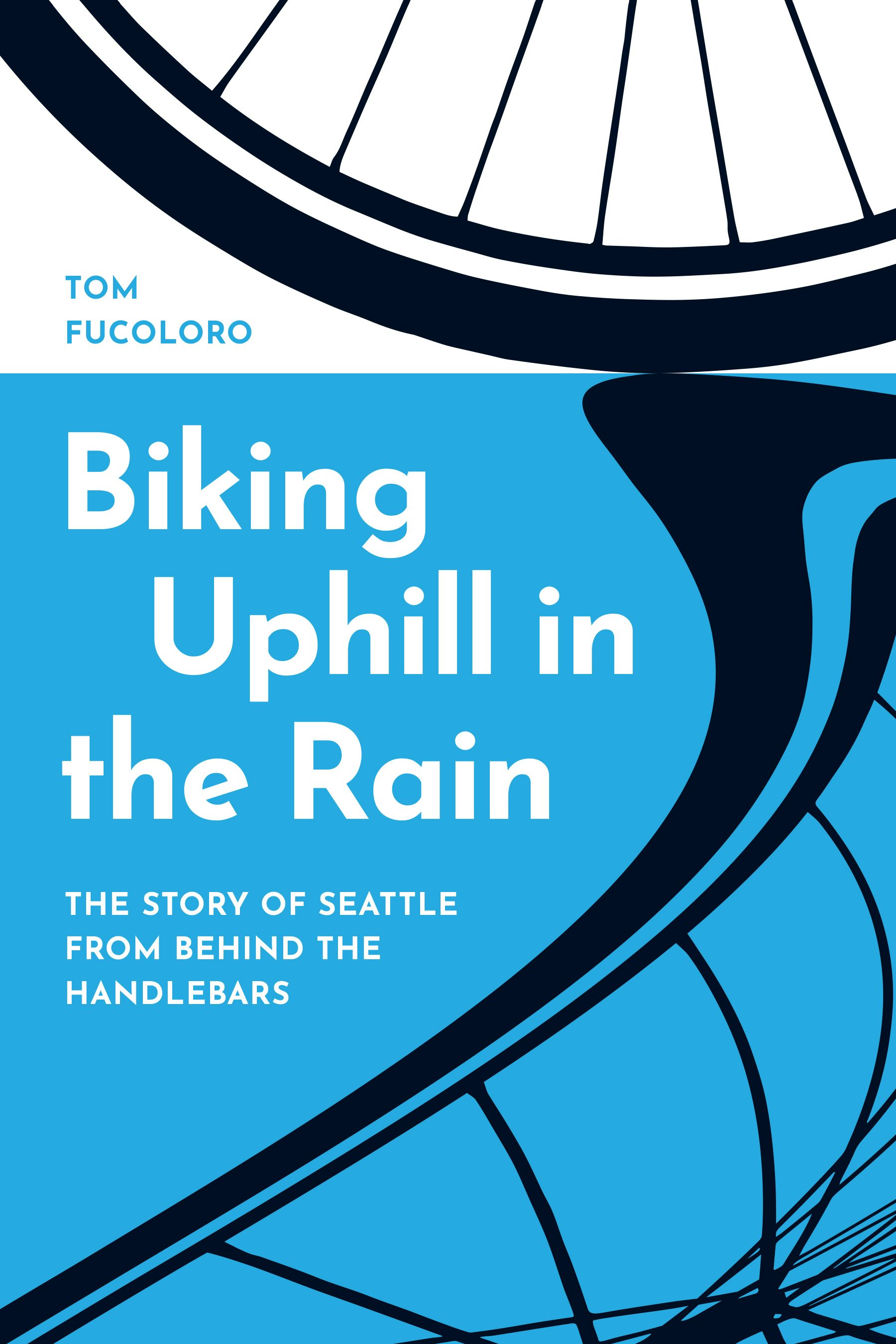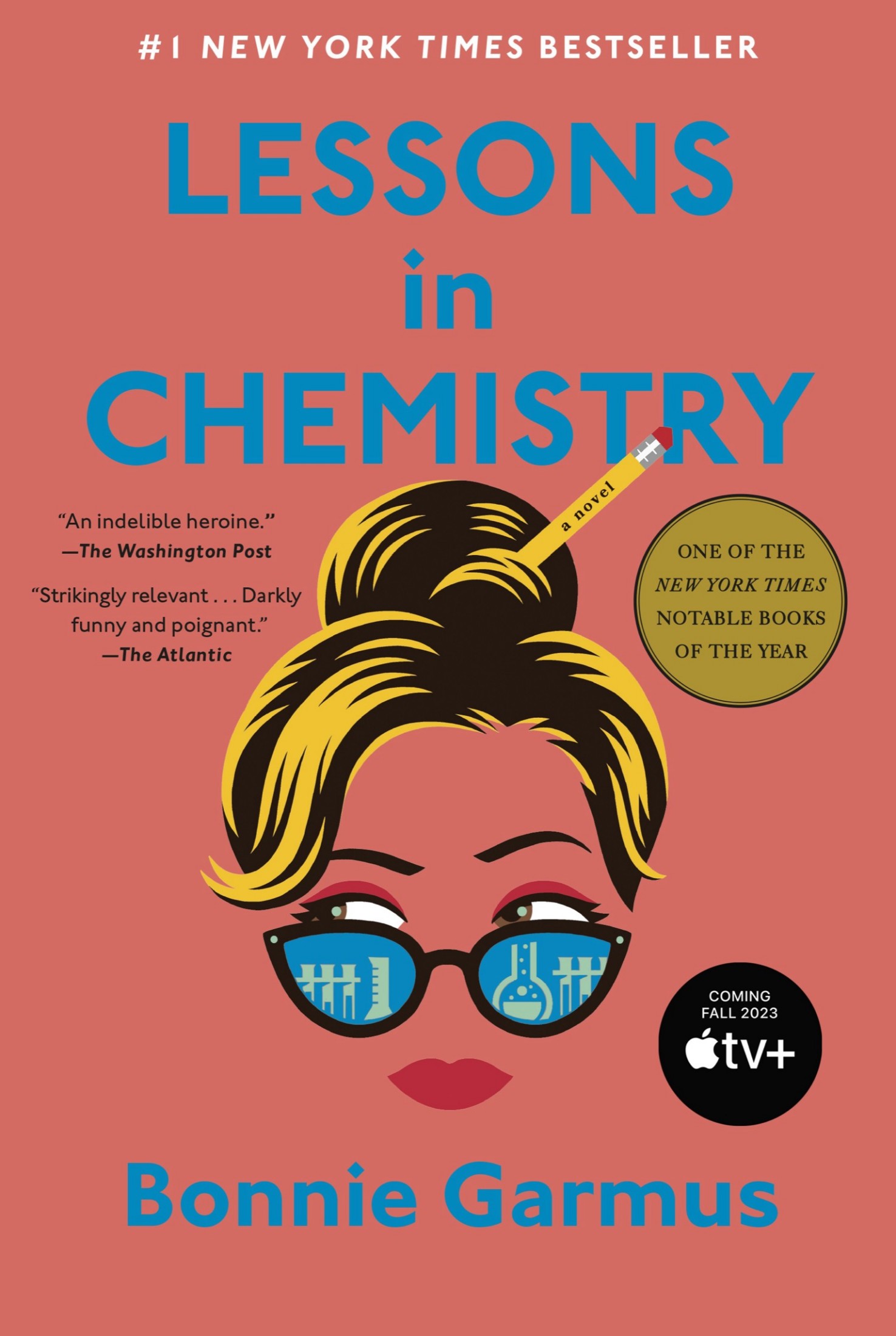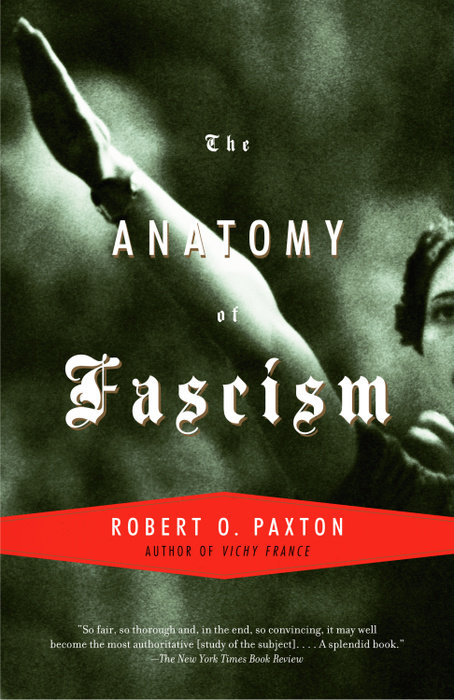Phil in SF reviewed Missing, Presumed by Susie Steiner (Manon Bradshaw, #1)
The police work seems like police work
4 stars
A police procedural where the police work seems like police work. Looking up documents. Canvassing for surveillance camera footage. Interviewing witnesses. Getting warrants.
The main police character, Manon Bradshaw, is annoying AF with her dating life though. I think that's intentional by the author though.
A police procedural where the police work seems like police work. Looking up documents. Canvassing for surveillance camera footage. Interviewing witnesses. Getting warrants.
The main police character, Manon Bradshaw, is annoying AF with her dating life though. I think that's intentional by the author though.

